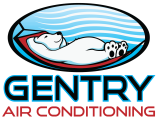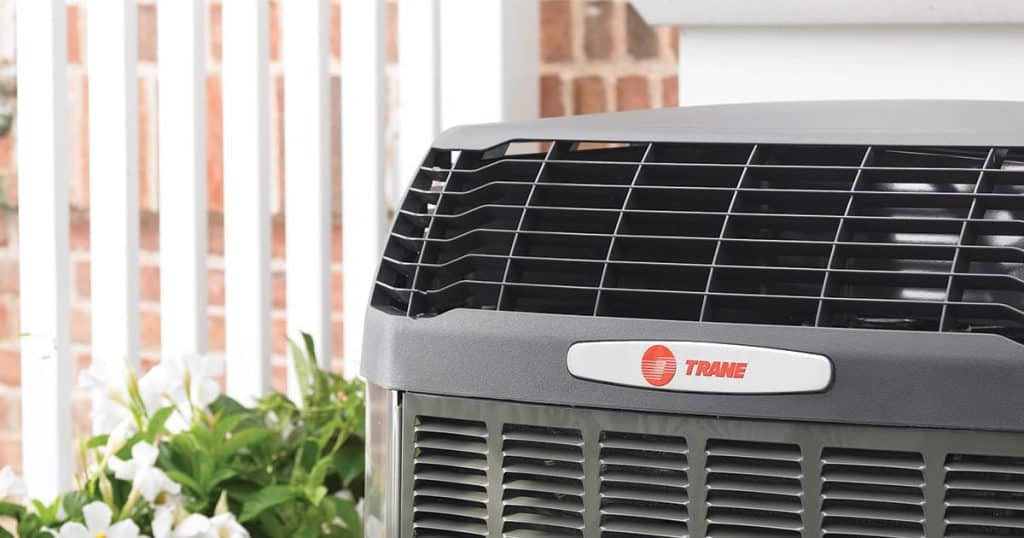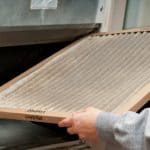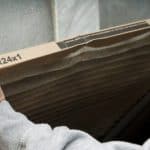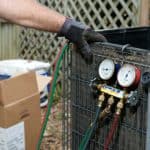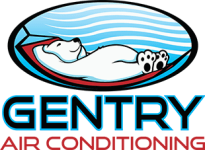Coming home from work on a Friday evening to find that your HVAC unit is not functioning is an incredibly frustrating way to start the weekend. There is a multitude of factors that affect the lifespan of your HVAC unit, and thankfully with some forethought and prevention, you can extend how long it continues to run.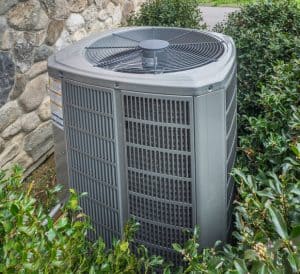
HVAC Unit Maintenance
The most important factor in extending that life of your heating and cooling units is proper upkeep and maintenance. You can perform some of the maintenance yourself, while other parts should be done by a trained HVAC specialist. Starting outside, make sure to remove debris and grass from around the unit. Foliage should be no closer than two feet from the unit. Check the refrigerant lines and be certain that the insulation around them has not started to deteriorate. Take a hose and spray off the dirt accumulated on the coils of your unit. Check the condensation drip pan and run a mixture of bleach and water down the drains to flush the line. Double check the return vent inside the home to make sure that it has not been blocked, and while you are there, change the filter.
Air Filter
How often should I change my air filter? Changing the filter is another way that you can extend the life of your unit. A dirty or clogged filter puts a strain on your HVAC unit. Many places suggest that at the minimum you change your filter every 90 days. If you are using a micro-particle filter, it is recommended that you change your filter monthly. Sometimes depending on where you live and the season, you may need to change your filter twice a month. When there is heavy pollen or dust in the air, the filters need to be changed more often.
Location
Your location and the location of your unit also plays a role in its lifespan. If you live in a dry, arid climate then dust accumulates around the coils and filters more quickly. This will require frequent cleanings to keep your unit functioning properly. Humidity also plays a role in the life of your unit. If there is too much humidity or too little humidity during certain seasons, it creates changes in how you feel the ambient temperature of your home. This results in frequent adjustments of the thermostat. HVAC system experts recommend that during the summer months, humidity needs to be kept below 60% in your home. Your air conditioning unit already works hard to pull the moisture from the air, so either fitting your unit with a dehumidifier or adding a stand-alone dehumidifier will allow the humidity to stay within a comfortable range to keep excess moisture from accumulating and causing problems. Too little humidity during the winter months creates a drying effect with the warmer air, which makes the ambient temperature feel less heated. 35% humidity is recommended during the winter months to provide a comfortable level of heated moisture in the air. You can ask your HVAC company to install a humidifier within your unit or purchase a stand-alone humidifier. The drawback to the stand-alone units is that you will have to take the humidity readings yourself to determine their levels.
Constant Operation
Units that run around the clock also have a shortened lifespan. A constantly running unit sees more wear and tear over a short period of time. Frequent cleanings, filter changes, programmable thermostats, and regular maintenance allow your heating and cooling units to run efficiently, which cuts down on the frequency in which the unit has to run. Also, look at the location in which your outdoor unit is housed. Is it in the direct sun during the summer months? Is the grass grown up around the unit? Is it located out in the open to collect dust coming from the driveway? Protecting your outdoor unit from the elements will allow it to work more efficiently. This preventative measure means you have less work to do in order to keep it cleaned out and cooled off.
Quality Installation
Last, but most certainly not least, you need to make sure that the installation of your unit is put in by a qualified HVAC system professional who has been trained to outfit your home with the unit that fits it most efficiently. A larger unit does not necessarily make it a more efficient unit for your home. Making sure that the ductwork is properly placed, the venting is situated effectively, and everything is sealed properly will make a world of difference in the life of your unit. Regular annual maintenance by a qualified professional will also extend your unit’s lifespan. They should have a list of things to check for the changing of the seasons and for annual maintenance. Although it may cost you a little money to maintain, an efficient unit will not only help you save on your energy bills, it will provide you with years of service, paying for itself in the long run.
Contact Gentry Air Conditioning today via our online contact form or call us at 817-488-6733.
